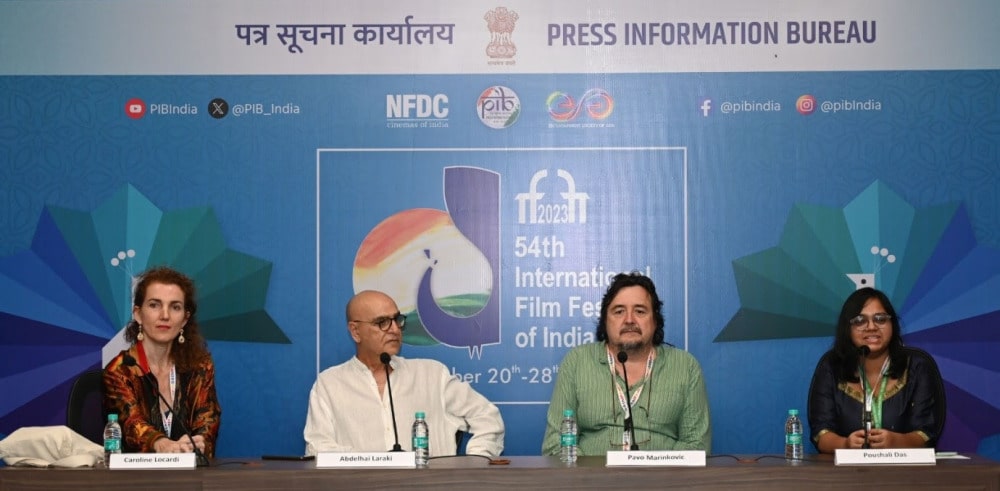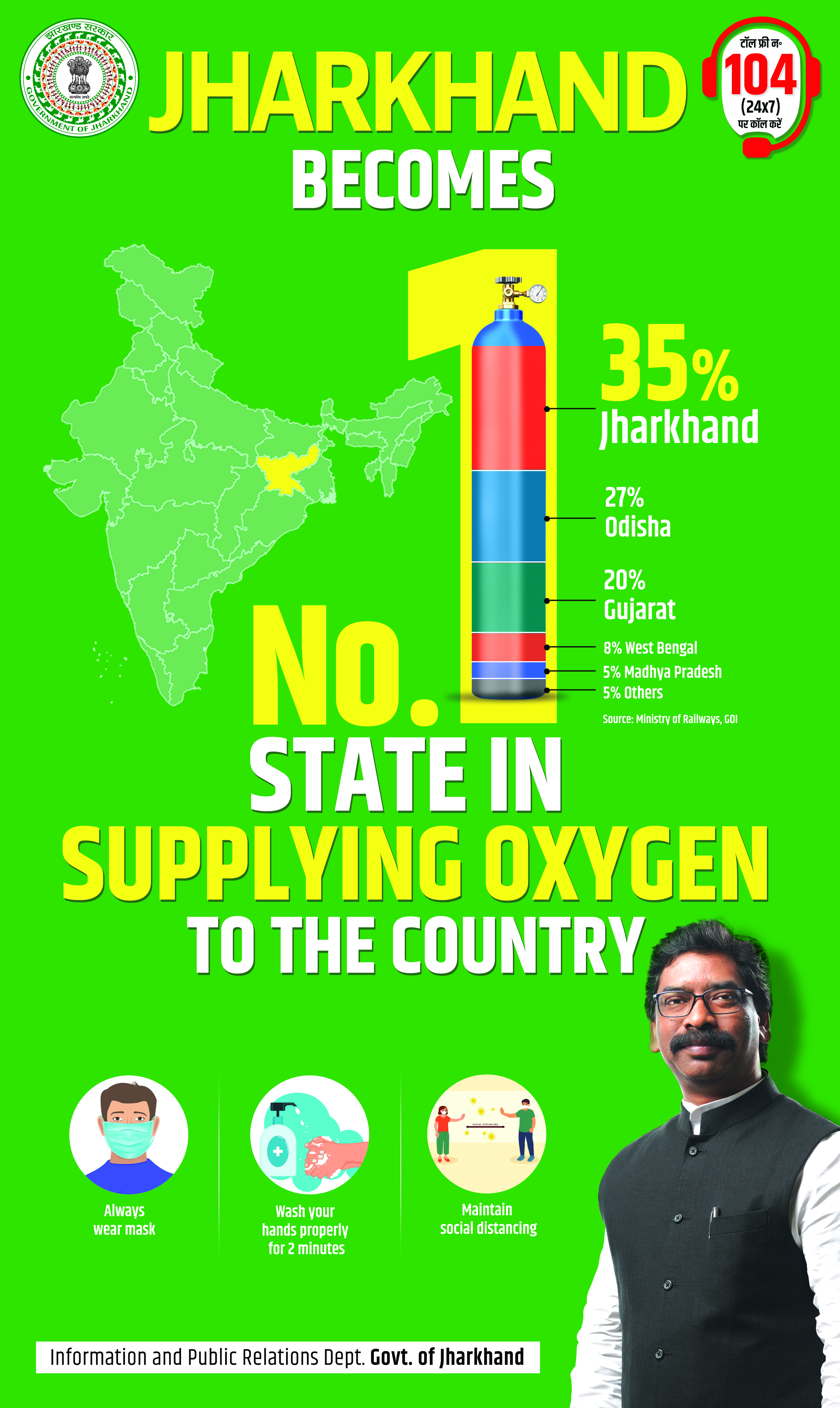
“Love for films is rooted in Indian culture,” said Pavo Marinković, Director of Bosnian Pot Pavo Marinković, in an interaction with media and film enthusiasts at IFFI 54, Goa today. Bosnian Pot which is made in Croatian and German language was screened under the International Competition Section at the festival.
The film explores themes of immigration, identity, and the power of the arts to transform lives. It tells the story of Faruk Šego, a Bosnian writer facing deportation from Austria due to stricter immigration rules. To stay, he must prove he has made a cultural impact on Austrian society.
Faruk's last chance for redemption lies in an off-theatre group willing to stage a play he wrote in his youth. Reluctantly returning to the theatre, Faruk's journey unfolds into an adventure that challenges him artistically and prompts a deeper self-discovery.
A master in his field, Marinković started as a theatre writer and later went on to become a director and writer for movies. Trešeta / Tressette – a Story of an Island, a film he wrote and co-directed, went on to win 6 international and 2 domestic awards and has been screened at more than 30 international festivals. In 2013 he finished a Czech-Croatian documentary Occupation the 27th Picture. He has also been heading the ‘Pula Film Festival’ since 2021.
Talking about his movie Bosnian Pot, Marinković expressed that the journey was not easy. It was a collaborative work with actors from three countries - Croatia, Austria, and Bosnia. He was inspired by his own experiences as a Croatian who emigrated to Austria and faced similar problems as the protagonist. “My inspiration comes from where I am.
What we see on the screen are the political struggles, but there are also internal fights of Faruk, the protagonist - being an outsider in another country, people not valuing his works,” he added. He explained that Bosnia still faces these problems as it is still outside the European Union, and how these themes are still politically relevant in Europe.
He also explained the significance of the title of the movie, which is a metaphor for a traditional community dish in Bosnia, called Bosnian Pot, where every member adds an ingredient of their own, as a symbol of brotherhood and unity. The film reflects the same ethos through its themes of identity, community and acceptance.
The Director expressed his great admiration and regard for the Indian audience. He revealed that he had always had an unexpectedly positive reception from the Indian audience, and fondly remembered his experiences from the Film festivals in Kerala as well.
